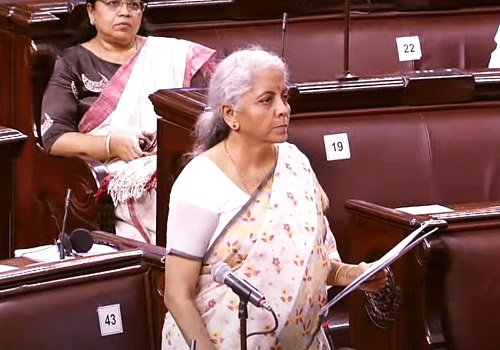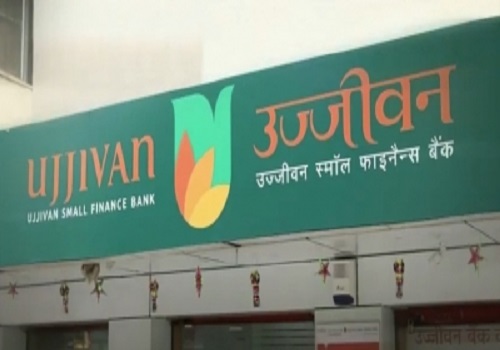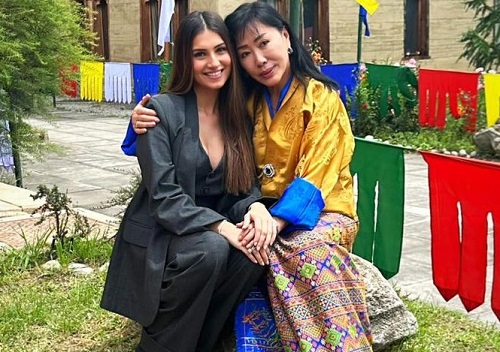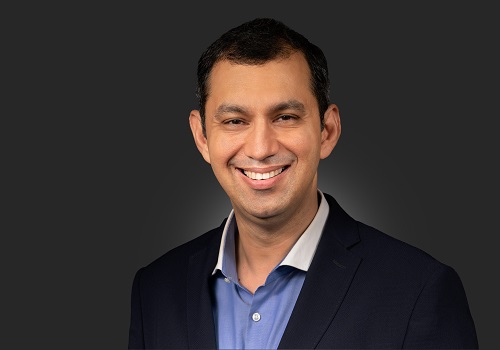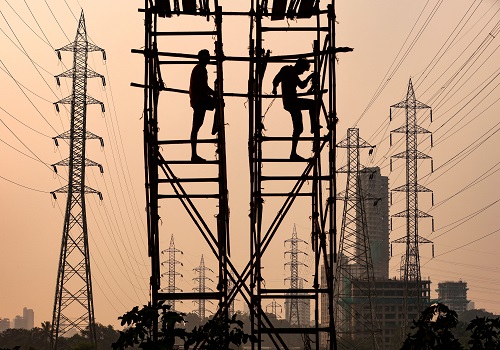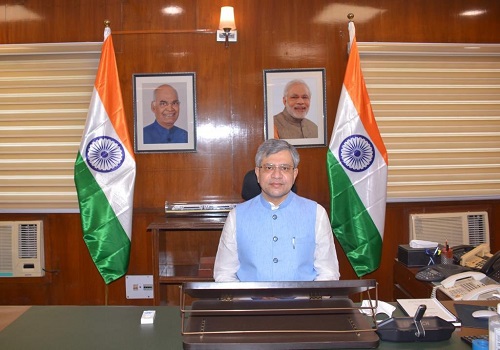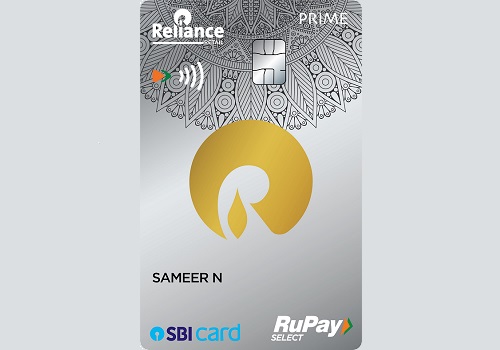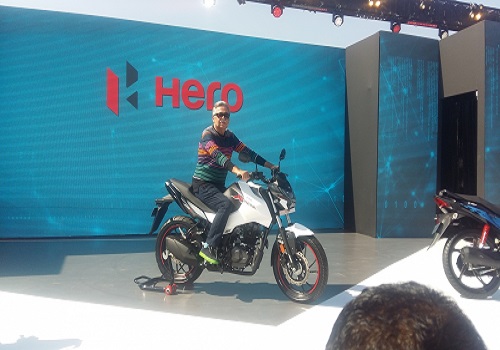Promoting and protecting India's Intangible Cultural Heritage
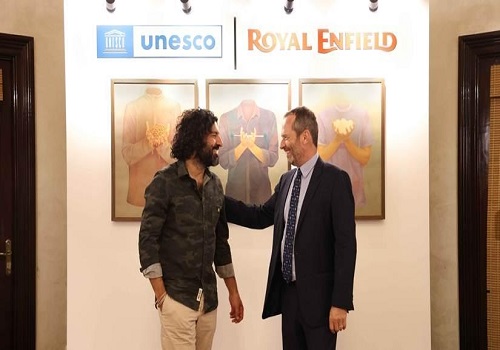
Follow us Now on Telegram ! Get daily 10 - 12 important updates on Business, Finance and Investment. Join our Telegram Channel
The United Nations Educational, Scientific and Cultural Organization (UNESCO) and Royal Enfield, the oldest motorcycle company in the world that has been producing motorcycles continuously since 1901, have formed a groundbreaking partnership to promote and protect India's Intangible Cultural Heritage, starting with the Himalayas.
In a four-day creative exhibition organised by Dr. Monisha Ahmed and Mary Therese Kurkalang at Delhi's famed Bikaner House, UNESCO and Royal Enfield are making their unusual partnership announcement. The programme is designed to serve as an interactive and artistic display of Intangible Cultural Heritage (ICH) activities in the Western Himalayas and the North Eastern region. This consists of a panel discussion, a panel exhibition, a movie screening, a performance, and a lecture-demonstration. A list of notable participants in the four-day event includes Adil Hussain, Peter D'Ascoli, Sonam Dubal, Rita Banerji, Mallika Virdi, Tsewang Namgail, Yangdup Lama, Nilza Wangmo, and Anumitra Ghosh, in addition to renowned chefs, designers, actors, musicians, photographers, and musicians.
Since 2003, when 178 nations adopted the UNESCO Convention for the Safeguarding of the Intangible Cultural Heritage (ICH), UNESCO has been leading the movement to identify, record, and preserve the Intangible Cultural Heritage of India as part of its ongoing programmes both internationally and in India. A significant portion of India's cultural legacy is made up of an incredibly dynamic array of living heritage in addition to its amazing heritage of monuments. This comprises rituals, festivals, and customs related to music, dance, theatre, and storytelling.
Livelihoods and intangible cultural heritage are closely related. For instance, many women in rural India work as weavers and handcraft makers, and the country's handloom and crafts industry has grown to become one of the largest employers and a key source of income for people in rural areas.
Talking about the vast tangible and intangible heritage of India, Eric Falt, Director and UNESCO Representative to Bhutan, India, Maldives and Sri Lanka said, "The wealth of India's living heritage remains largely untapped, and the task of recognising and preserving it is something that should be shouldered by all stakeholders, including the private sector. It is a matter of pride for UNESCO to partner with Royal Enfield Motorcycles, as we come together to promote and preserve the Intangible Cultural Heritage of the Himalayas. I hope this will inspire people to support sustainable, respectful travel."
The 2030 Agenda for Sustainable Development does, in fact, acknowledge that culture can support economic development, environmentally friendly consumption and production, and the expansion of sustainable settlements. India now has 14 items listed on the Representative List of the Intangible Cultural Heritage of Humanity by UNESCO.
Commenting on the partnership, Siddhartha Lal, Managing Director and Chief Executive Officer of Eicher Motors said, "The Himalayas is the spiritual home for Royal Enfield and we are very excited to partner with UNESCO to work towards building a sustainable future for this region. With more members of our motorcycling community heading there, Royal Enfield is working in this iconic landscape to promote sustainable tourism and build resilient communities. Through this partnership, we aim to preserve and promote the culture, knowledge and traditions that are harmonious with fair and regenerative living and ensure that Himalayan communities are empowered to make decisions that support their resilience."
Given its history of more than three decades with the Himalayas, Royal Enfield hopes to work with 100 Himalayan communities by 2030 to embrace sustainable living practises. Royal Enfield has been instrumental in uniting communities and bringing them closer to the Himalayas over the years. In order to help regenerate iconic environments like the Himalayas and the communities inside them, the brand now wants to empower 1 million members of its global motorcycling community to become change agents.
Waste collection facilities and women's cooperatives are just two of the projects Royal Enfield has previously launched in the Himalayas with the goal of empowering locals to thrive and develop while also promoting sustainable living practises. Additionally, Royal Enfield sponsors a number of rides with a charitable purpose, encouraging riders to get involved in community projects like tree planting and clean-up campaigns.





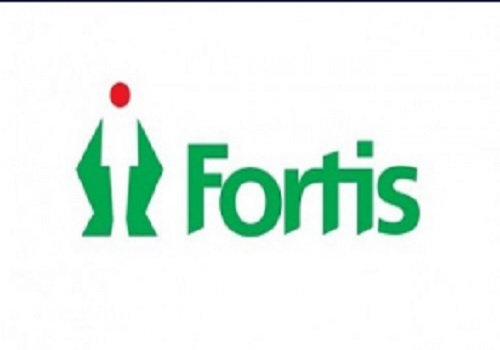

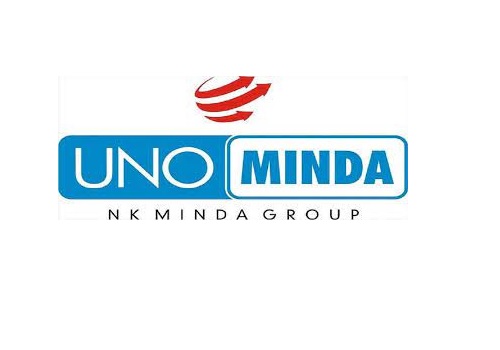
.jpg)




